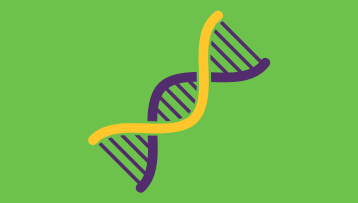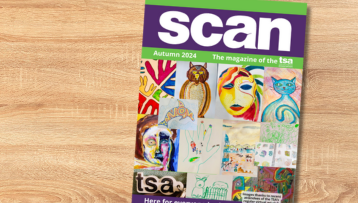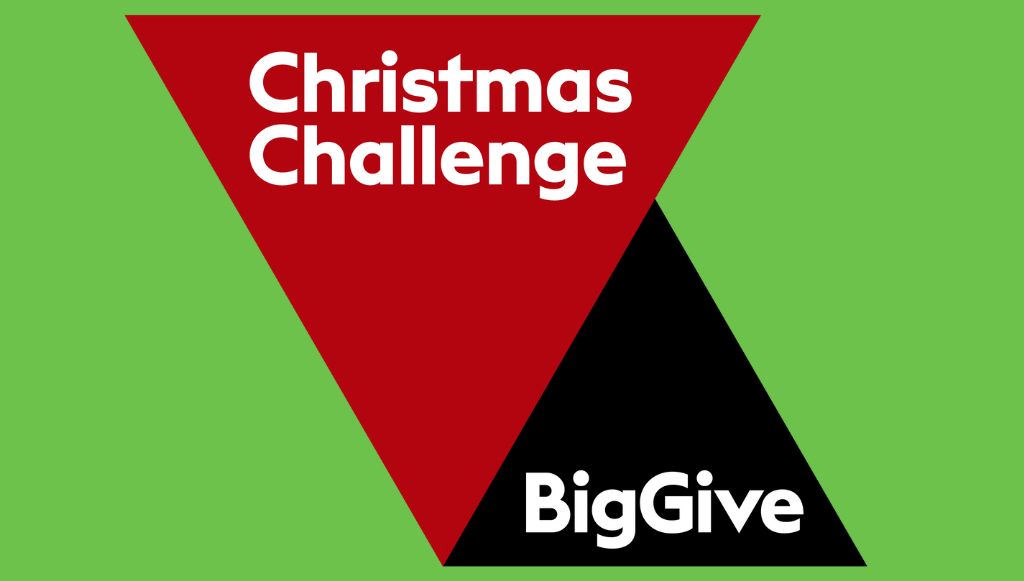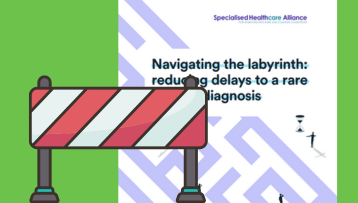Votubia® (everolimus) Fact Sheet
What is Votubia® (everolimus)?
Votubia® (everolimus), is a prescription-only medicine for patients at least three years of age with subependymal giant cell astrocytoma (SEGA) associated with tuberous sclerosis complex (TSC) who require therapeutic intervention but are not amenable to surgery. Votubia has been shown to reduce life threatening SEGA tumours by up to 50%. It is taken as a once daily oral tablet.
How does everolimus work?
Everolimus targets a protein called “mTOR” that acts as an important regulator of tumour cell division, blood vessel growth and cell metabolism. TSC is caused by defects in the TSC1 and/or TSC2 genes. When these genes are defective, mTOR activity is increased, which can cause cells to grow and multiply. Everolimus works by inhibiting mTOR activity.
Is it available on the NHS?
Everolimus (Votubia) was licensed in September2011 by the European Medicines Agency for the treatment of SEGA in people with TSC who are 3 years or older. Votubia has not been assessed by the National Institute for Health and Clinical Excellence (NICE). This means that decisions on whether the NHS will fund Votubia or not will be made at the local level, on an individual patient basis.
Who can prescribe everolimus?
A hospital consultant – usually a paediatric oncologist or neurologist or possibly neurosurgeon or a TS clinic doctor. It cannot be prescribed by a non-specialist or GP.
Useful references for preparing Individual Funding Requests
1. UK Medicines Information, Available at http://www.ukmi.nhs.uk/applications/ndo/record_view_open.asp?newDrugID=4921
2. Jozwiak S, et al. Preliminary results from a double-blind, placebo-controlled, phase 3 trial of everolimus in subependymal giant cell astrocytomas associated with tuberous sclerosis complex: EXIST-1 study. International TSC Research Conference. July 2011, Washington, D.C. Abstract & Data Presentation. Novartis Oncology, Data on File VOT-001-01.
3. Votubia® (everolimus) tablets Summary of Product Characteristics. Basel, Switzerland: Novartis; September 2011.
4. Krueger D, et al. Everolimus for Subependymal Giant-Cell Astrocytomas in Tuberous Sclerosis. N Engl J Med 2010.
5. National Institute of Neurological Disorders and Stroke. Tuberous Sclerosis Fact Sheet. Available at http://www.ninds.nih.gov/disorders/tuberous_sclerosis/detail_tuberous_sclerosis.htm Accessed July 2011.
6. Tuberous Sclerosis Association, UK. Available at http://www.tuberous-sclerosis.org/?page_id=18.
7. Tuberous Sclerosis Alliance. Available at http://www.tsalliance.org/documents/Subependymal%20Giant%20Cell%20Tumor%20SGCT%20or%20Subependymal%20Giant%20Cell%20Astrocytoma%20SEGA.pdf
8. Krueger D, et al. Long-term safety and efficacy results from an extension phase of an open-label, prospective, phase1/2 trial of everolimus in patients with subependymal giant cell astrocytomas in tuberous sclerosis complex. International TSC Research Conference. July 2011, Washington, D.C. Abstract.
9. Bissler, et al. A randomised, double-blind, placebo-controlled study of RAD001 in the treatment of Angiomyolipoma in patients with either Tuberous Sclerosis Complex (TSC) or Sporadic Lymphangioleiomyomatosis (LAM). International TSC Research Conference. September 2011, Belfast, Ireland.
10. Efficacy and Safety of RAD001 in Patients of All Ages With Subependymal Giant Cell Astrocytoma Associated With Tuberous Sclerosis Complex (TSC) (EXIST-1). Available at: http://clinicaltrials.gov/ct2/show/NCT00789828?term=exist-1&rank=1. Accessed September 2011.
11. US National Institutes of Health. Efficacy and Safety of RAD001 in Patients Aged 18 and Over With Angiomyolipoma Associated With Either Tuberous Sclerosis Complex (TSC) or Sporadic Lymphangioleiomyomatosis (LAM) (EXIST-2). Available at: http://clinicaltrials.gov/ct2/show/NCT00790400?term=exist-2&rank=1
12. Afinitor® (everolimus) prescribing information USA, 2009.
13. Afinitor® (everolimus) tablets Summary of Product Characteristics. Basel, Switzerland: Novartis
TSA August 2012









































































































































